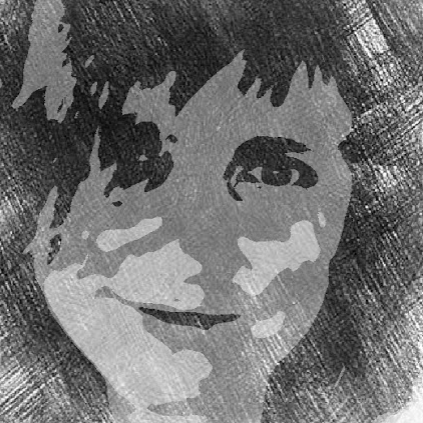
After driving past a mountain of discarded pots once used to plant hops for brewing beer during the economic crisis of 2014, Eva Štraser started her own company Evegreen which makes bioplastic plant pots. Since then, she has been brooding on a way to get rid of that waste and make better use of the raw material that’s used for fabricating items that until now have been made of plastic. And that’s just what she’s managed to do.
Over the past year she has been able to pay herself a salary out of a turnover of more than €100,000 per year.
What was the biggest obstacle you had to overcome to get where you are now?
“I worked in my father’s company which makes plastic parts for the automobile industry. I had shares in it myself and my father saw me as his successor. Then I had to sell my shares and see a lawyer for that. The hardest part was having to tell my dad that I was leaving so I could fully focus on my company which makes bioplastic products. He didn’t want to talk to me for six months after that. So, it was extremely difficult and emotional.”

What has been the biggest breakthrough that you’ve had with your company?
“Last March, a journalist from a Slovenian newspaper wrote an article about the plant pot being bio-degradable. The following day, I had 13 inquiries from companies wanting to buy products. That’s also why I can pay my salary. Because that’s when we started making serious sales.”
So, why did that reporter write that article if you were so unknown at the time?
Because of my product, I was named as one of the ten most promising start-ups by the organization of a Slovenian innovation fair, SAŠA inkubator. That award included media exposure. And that’s where this article stemmed from. As a joke, the Slovenian president showed a video in which he took a bite out of a board made of biodegradable material, which we also produced. That also generated a lot of publicity. But the breakthrough was that newspaper article.”
What can we expect from Evegreen this year?
We are going to introduce new products such as biodegradable candlesticks which you can place on a grave in a cemetery. Many thousands of these have already been ordered. It’s not the case that you can leave them in the cemetery and they will gradually dissolve by themselves with water, for example. The person who maintains the grave can simply dispose of the candlestick in a compost heap along with garden waste, for instance, so that it can be absorbed into the ground. Organisms in the soil break down the material.
Moreover, the company is currently undergoing further growth because we are going to expand with two investors. They are taking a share in the company. This will enable us to set up a production line in factories so that we can market the products on a wider scale”.

And what does the future look like for the longer term, say in the next five years?
“According to the calculations that we made as a practice run during a meeting with one of our first investors, EIT Climate-KIC, we might have a turnover of €50 million by then. I didn’t see that coming, I was quite surprised.”
Is there a relationship between the growth of your company and the European Commission’s proposed rule to ban the use of disposable plastic?
“Yes.”
Could it also have something to do with your experience at your father’s plastic manufacturing company? And the fact that this production process is similar to Evegreen’s?
Yes. Except I also studied engineering economics. These combined means that I know how to set up this company.”
You can basically make anything if you understand the manufacturing process of making parts, have a mold for the item you want to make and the raw material you want to use.
“That’s what it boils down to.”
Where do you actually source the raw material, bioplastics?
“We developed it ourselves. How? That’s one of our little secrets, ha ha.”









